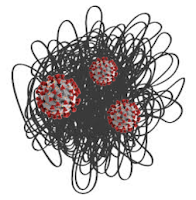Saint Patrick's has had the pleasure of having Monique Walker share her beautiful taonga with us! Supported by the John Walker Foundation and Healing through Arts we have been able to experience Arlo and the Orca through dance and process drama. Jesse and Catherine brought the emotions of the an orca and the ocean to life for us through dance. Monique and Stacey delivered a powerful session where we heard the story and explored the highs and lows of life through the lens of waves and sunny versus moody skies. We all leant that it's ok to talk about how we feel, to seek help and also, importantly, to cry. Thank you for this wonderful opportunity Monique and we look forward to your next story! An example of an 'Insta-card' where we had to portray people in the lives of Arlo who could support him when he needed help. In these examples we had family members, police, friends, therapists, priests, nuns and even God!!









